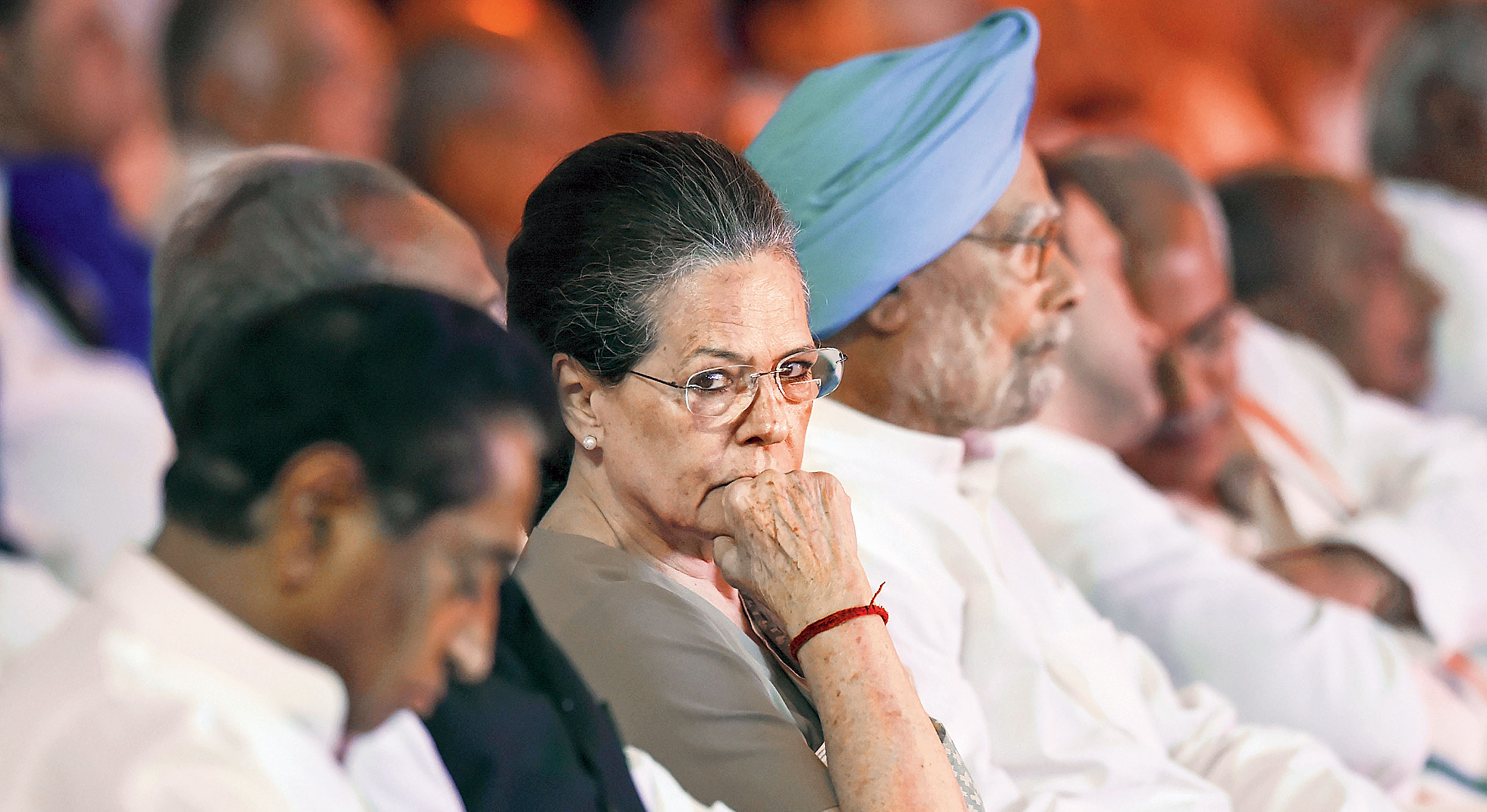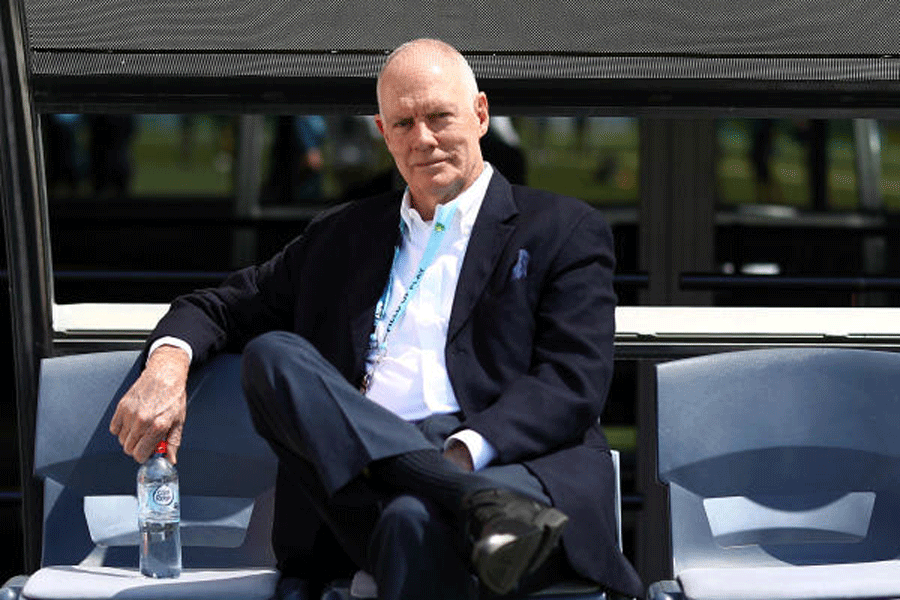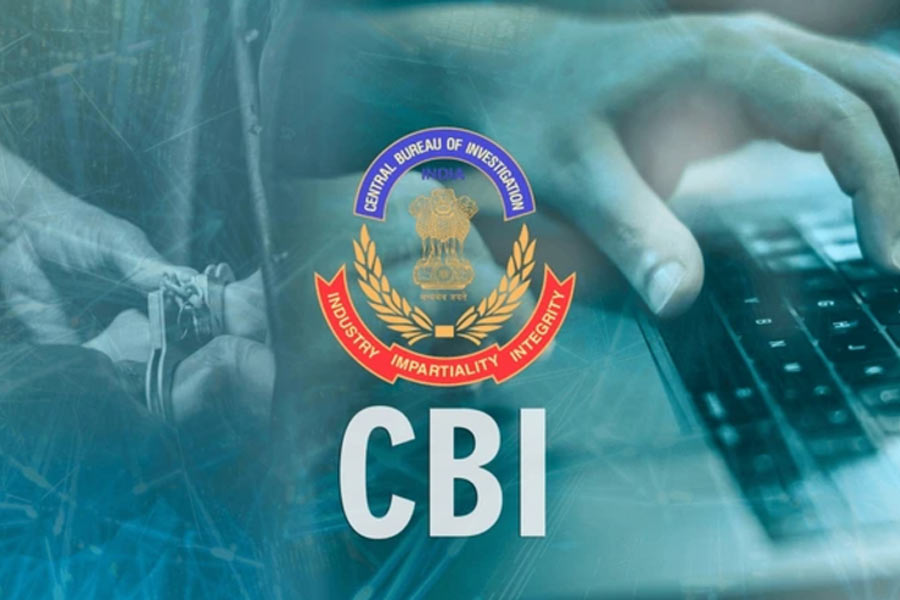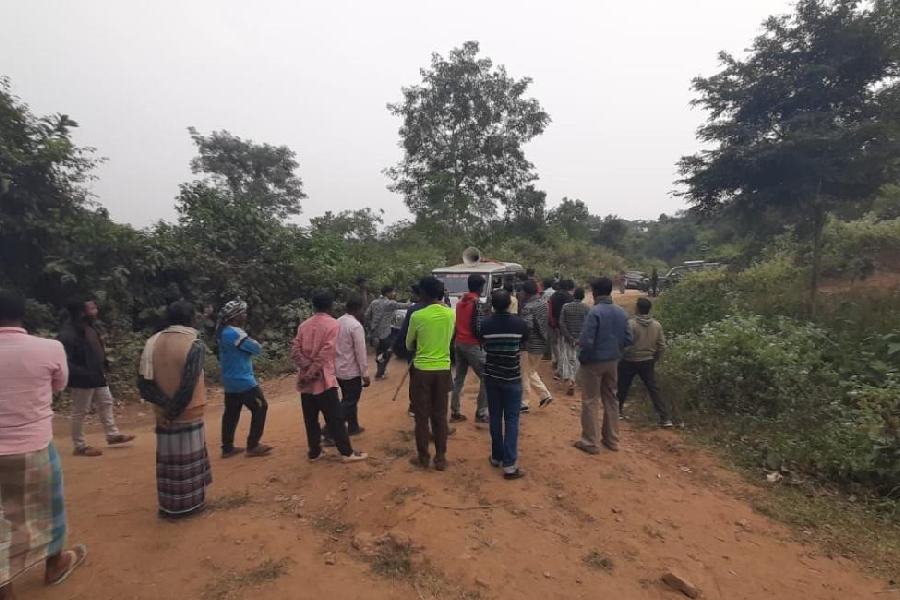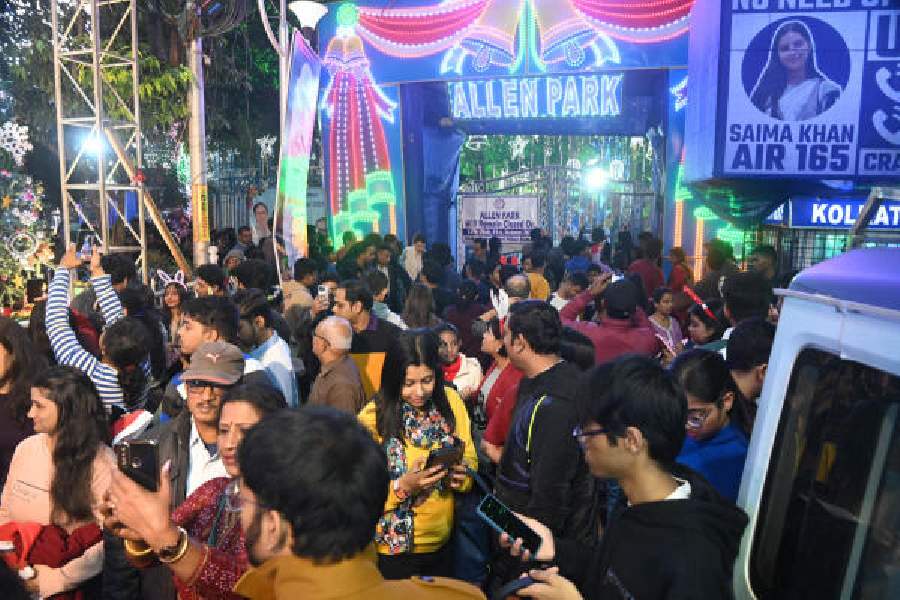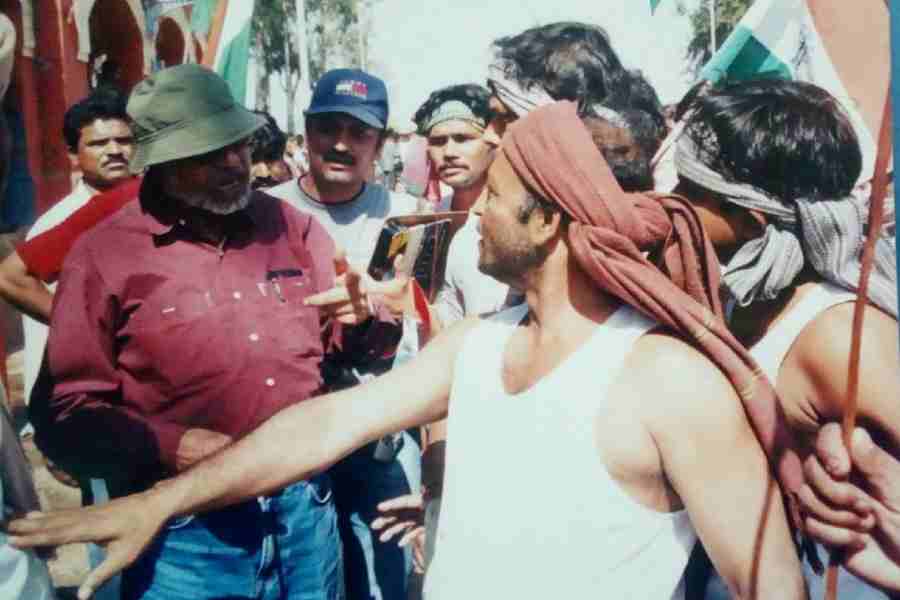Congress president Sonia Gandhi on Thursday subtly argued that electoral mandates are not for threatening people and crushing institutions, pointing out that Prime Ministers with much bigger victory margins had never behaved that way in India’s history.
Addressing a programme that was part of the ongoing celebration of Rajiv Gandhi’s 75th birth anniversary at Indira Gandhi Indoor Stadium in New Delhi, Sonia said: “Rajivji came with an unmatched majority (404 Lok Sabha seats) in 1984, but he did not use his power to create an atmosphere of fear, nor to threaten or frighten people. He did not use the majority to curb the freedom of institutions, to crush dissent or contrarian views.”
The Congress president didn’t name the Narendra Modi government but left no scope for doubt by referring to the “divisive forces that are out to destroy the very idea of India”.
The BJP had won only two seats in the 1984 Lok Sabha elections but didn’t face any victimisation. The Congress and other Opposition parties have often accused the Modi government of political vendetta, in addition to covert and overt plots to decimate rivals.
Sonia rubbed the message in: “Rajivji understood that India cannot earn prestige in the world by showing arrogance and using hollow slogans. He knew India would have to pursue inclusive politics and earn respect by showing good work and character.
“He took care not to endanger the democratic traditions of this great country. He didn’t get full majority in 1989 and refused to form the government despite the Congress being the largest party. He could do this because of moral strength, honesty and liberal values. Nobody can do this today. Rajivji did. Rahul too did this.”
The current government and the BJP have often been accused of resorting to manipulations and engineering defections to brazenly grab power.
By mentioning Rahul in this context, Sonia might have been hinting at the courage displayed by him in sacrificing the post of Congress president by taking responsibility for the defeat in the Lok Sabha polls. Sonia herself had refused to stake claim to the Prime Minister’s post in 2004 and instead nominated Manmohan Singh for the job.
She went on to obliquely critique Modi’s style by saying: “There are those today who are busy inventing a new past for us. Rajivji was engaged in creating a new future for the country. To him, the past had to be understood in all its complexities to build pride, not prejudice. To strengthen social harmony, not to fuel antagonism and polarise our society — a society whose heritage has been enriched by multiple streams of faiths, beliefs and cultures.”
Sonia added: “Rajivji was proud of our past but at the same time he held a firm conviction that India had to be a model nation anchored in reason and scientific temper in which obscurantism had no place. It was this that made him devote so much time in the early years of his tenure to crafting the new education policy.
“He was called elitist, having no understanding of rural India. Today, Navoday Vidyalayas are the pride of every district. His political rivals condemned his obsession with computers but this magnificent obsession of his made the youth of today ready to tackle the challenges of the digital era.”
Conceding that the Congress faced enormous challenges at this juncture, Sonia said: “Electoral ups and downs are inevitable. But we have to stand up and confront the forces destroying our values. It is an ideological battle against the divisive forces that are out to change the very idea of India.”

